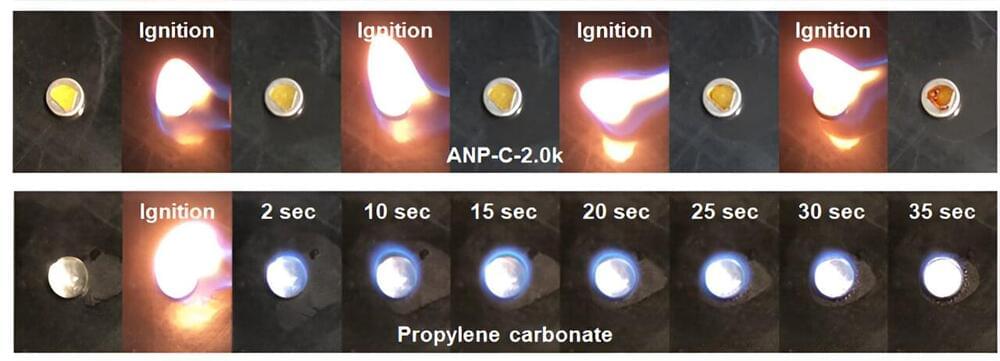In recent years, batteries have become ubiquitous in consumers’ daily lives. However, existing commercial battery technologies, which use liquid electrolytes and carbonaceous anodes, have certain drawbacks such as safety concerns, limited lifespan, and inadequate power density particularly at high temperatures.
Yet, there is an increasing need for batteries that can operate in extreme conditions, such as the high temperatures required in various industrial sectors, including medical device sterilization, subsurface exploration, and thermal reactors.
This has prompted researchers to search for solid electrolytes that are safe and compatible with lithium metal anodes, which are known for their high theoretical specific power capacity.
